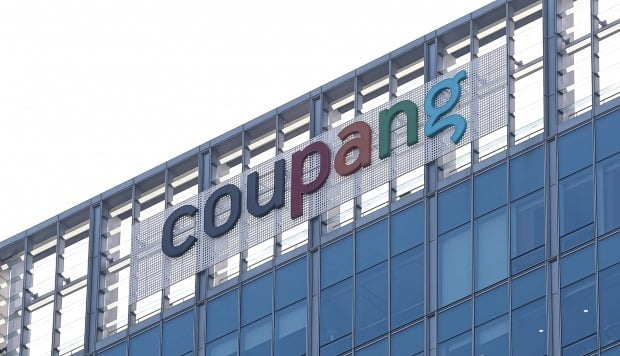The ruling Democratic Party, the ruling party, is frowning on the’rear north’ of the differential voting law. Following criticism that Coupang, the No. 1 e-commerce trader, chose the US stock market instead of Korea because differential voting rights are not allowed in Korea, the amendment to the Venture Business Act, which allows up to 10 voting rights per share to unlisted venture companies, was decided to be processed next month. Differential voting rights are a means of defense of management rights in which two or more voting rights are granted to stocks held by a founder or CEO.
It was in October last year that the government decided on a policy to introduce differential voting rights, a long-awaited business wish. It was originally scheduled to be dealt with until the end of November, but it was postponed to the rear because the ruling party “all-in” to corporate regulatory legislation such as the Commercial Law Fair Trade Law and the Serious Disaster Punishment Law. If the issue of Coupang had not been raised this time, it would be impossible to know how much later it would have been.
Until now, venture entrepreneurs have struggled to maintain management rights as their equity ratio declines whenever they attract investment funds after starting small businesses. As such, it is fortunate that the ruling party started to introduce differential voting rights, albeit late. However, conscious of the opposition from anti-business-oriented civic groups, the effectiveness will be greatly reduced by filling all kinds of’shackles’. Representatively, the target was limited to’unlisted ventures’, and after a grace period (3 years) passed after listing, it was changed to common stock (1 week, 1 voting right).
The government has put various conditions’to prevent the private interests of shareholders from being stolen’, but there is no concern about weakening management rights just because of a listed company. This is in contrast to the fact that the United States allowed publicly and non-listed companies to issue shares of differential voting rights virtually freely. It is also a problem that there are not many entrepreneurs who will benefit because it can only be granted to the largest shareholder (registered director) who owns more than 30% of the stake.
In the aftermath of the’Galapagos Regulations’ and the corona crisis, existing flagship industries such as shipbuilding and steel have fallen significantly. Meanwhile, innovative companies and entrepreneurs centered on the tech industry emerged as new hopes for the economy. The positive repercussions they make to society through active social return and ESG (environmental, social and governance) activities are also great. To continue this change, the government will need to loosen regulations so that innovative companies can play freely on the global stage, and provide a hot’growth incentive’. If you are trapped in’regulatory universalism’, you do not know how many more companies will choose’post-Korea’ like Coupang.
Ⓒ Hankyung.com prohibits unauthorized reproduction and redistribution
